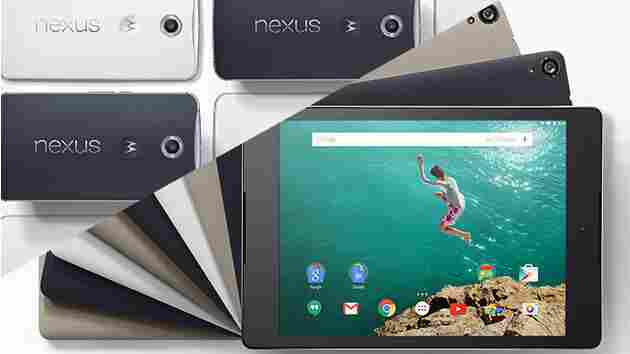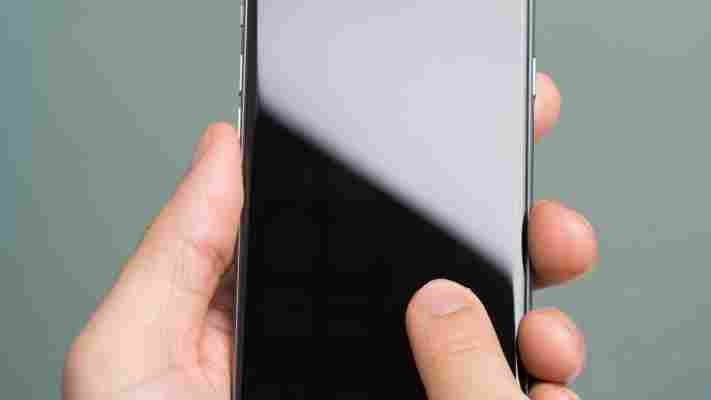The thrill of new hardware is difficult to match, especially when you’re taking delivery of Google’s flagship Nexus 6 smartphone and Nexus 9 tablet. That dream could just come true if you enter our giveaway .

This is the second time we’ve given away this Android duo, and for good reason. The Nexus 6 is a 2.7GHz powerhouse, with a quad-core processor running Lollipop on a 6-inch quad-HD display. It also features a 13 megapixel rear-facing camera, and fast charging technology. Likewise, the Nexus 9 offers the latest flavor of Android on a beautiful 8.9-inch display.
If you would like to get your hands on these brilliant devices, simply head over to TNW Deals and create an account to claim your entry. You can then improve your chances by telling your friends on Facebook, Twitter, and by email. Best of luck!
➤ Enter now
Study: Your smartphone knows when you’re depressed
Smartphones are packed with a lot of sensors that the machine uses to understand its orientation and place in the world. For example, it knows when its is being held sideways, and can locate itself with GPS. But can those sensors also tell a doctor when you’re suffering from a mental illness?

A study conducted by Venet Osmani at the Center for Research and Telecommunication Experimentation for Networked Communities (CREATE-NET) in Trento, Italy indicates that a combination of smartphone sensors can detect when a user is having a manic or depressive episode.
In the study, Osmani gave 12 bipolar patients smartphones for four months and checked in on them every three weeks to monitor their conditions. It turns out that activity and location data on that smartphone could accurately predict a change in mood at the rate of 94 percent. Monitoring phone calls for frequency and speed of calls bumped that accuracy up to 97 percent.
Essentially, when users showed an increase in average activity (measured by GPS location and accelerometer speed), faster calls and more calls total, it indicated a shift into a manic episode. When activity, call length and call volume regressed, it signaled a shift into depression.
It’s a small sample with very limited time limit, but it does present some promise. Detecting the change in moods, especially for a dynamic condition like bipolar, could help patients better care for themselves and recognize when and how to seek treatment. Complete with the possibilities in things like Healthkit , we could see more uses of the smartphone to treat things like anxiety disorders or depression.
The study is a single step forward, but it could mean plenty of potential in using modern, ubiquitous technology to keep track of more than just our heart rate.
➤ How Your Smartphone Can Detect Bipolar Disorder [MIT Tech Review]
Google Home can now help you find the cheapest time to fly
Planning your next vacation just got a lot easier if you own a Google Home device. Starting today, you can ask home to find and track flight prices, hands-free.

If you say “OK Google, how much are flights to Miami” Google will give you a quote for two weeks from now, and then ask you if you have specific dates in mind. After that Google will ask if you want to track price changes for those flights.
No, the assistant won’t blurt out a price every time it drops. Basically all that does is sign you up for the price tracking feature Google introduced last year, sending you an email any time there’s a significant price change.
While I imagine most people who are planning a trip would rather do so on a proper computer, it’s neat to be able to check out your options on a whim. The assistant can answer a few other travel related questions as well, such as currency conversions or whethers you need a visa to enter a country.
